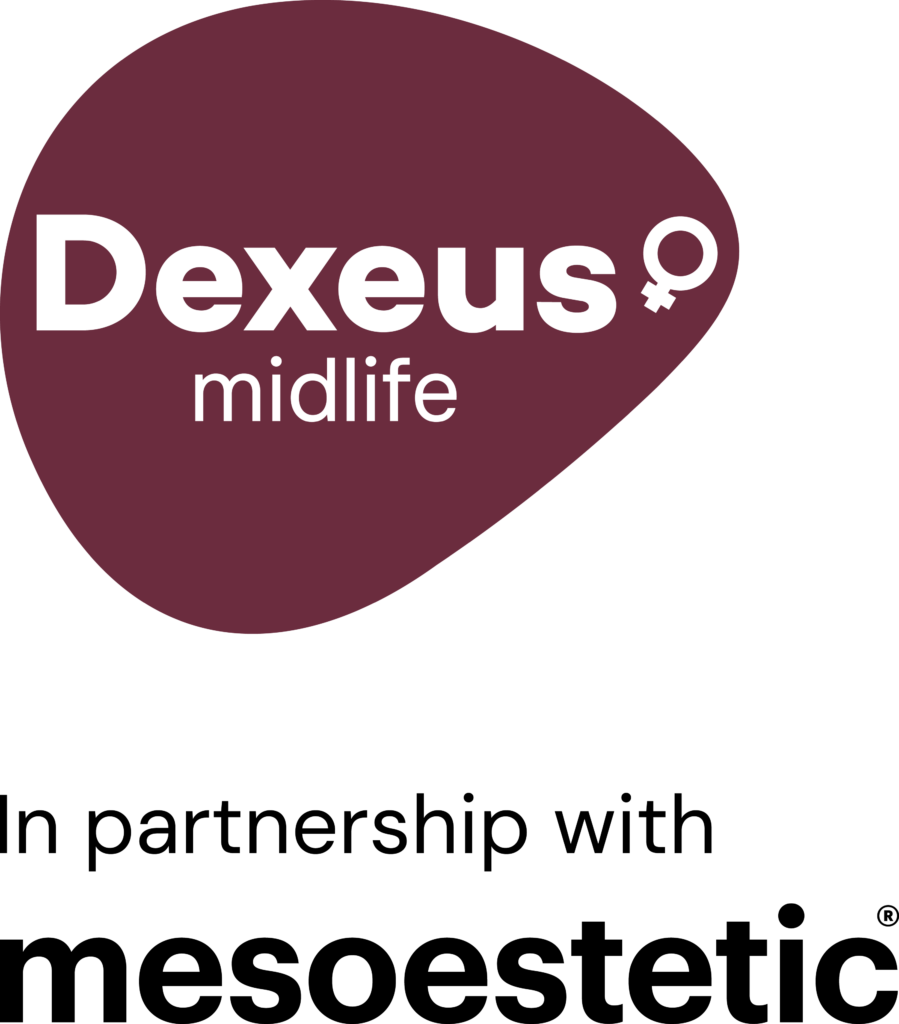Vaginal dryness is one of the most common symptoms of menopause. The cause is the drop in oestrogen produced at this stage, which causes a decrease in the natural lubrication of that area.
It can also occur in the event of premature ovarian failure, following cancer treatment, when breastfeeding or during stressful periods. The use of contraceptives, taking some medications or occasional infections are other factors that can cause it.
In any case, whatever the cause, there is a solution. But only 25% of women consult a specialist about it, and it is often not given much importance unless it is accompanied by other uncomfortable symptoms such as itching, stinging, changes in vaginal secretions, pain or difficulties in maintaining sexual relationships, as the dryness can cause irritation and burning due to friction. However, it is important to treat this problem, as in addition to these uncomfortable symptoms it can lead to the onset of repeat urinary infections, and it tends to worsen over time.
Treatments for vaginal dryness
Moisturising creams can be used, or local oestrogen can be applied if necessary. In difficult cases or if the patient prefers non-hormonal therapy, regenerative medicine offers other options.
Functional recovery laser treatment
Functional recovery laser treatment
Laser treatment induces a regenerative response at the cellular level that favours the synthesis of collagen and vascularisation of tissues,...
Read moreVulvovaginal hydration
Vulvovaginal hydration
Treating the genital area with hyaluronic acid is one of the techniques we can use to hydrate the vulvovaginal area...
Read moreBio-regeneration with platelet-rich plasma (PRP)
Bio-regeneration with platelet-rich plasma (PRP)
Platelets are cell fragments present in blood plasma that naturally activate tissues' regenerative capacities. Therefore, they are used for therapeutic...
Read moreCarboxytherapy
Carboxytherapy
It consists of the infiltration of carbonic anhydrase (CO2) in tissues to promote an increase in blood circulation and to...
Read moreFat grafting
Fat grafting
It is applied in the urogenital area to stimulate tissue regeneration. It improves hydration, tone and lubrication of the vulvovaginal...
Read moreRegenerative mesotherapy
Regenerative mesotherapy
It is a medical technique that allows you to take vitamins and active substances through dermis microinjections into the skin...
Read moreRadiofrequency
Radiofrequency
Radiofrequency is a cell activation therapy that stimulates the formation of collagen and elastin and increases blood flow, which makes...
Read moreFAQs
Vaginal dryness is a problem that often occurs due to vaginal atrophy, but not all women who have atrophy experience dryness. Why?
Because it depends on the degree of atrophy. Vaginal atrophy affects the skin, which becomes thinner and finer, but does not always cause itching or stinging. However, over the years it will get worse, which is why it is important to monitor it.
Is it advisable to use a specific feminine hygiene product?
No, unless your gynaecologist tells you to. What is recommended is to avoid frequent washing and bathing, and use pH-neutral soaps.
Can I use commercial lubricants to improve my sex life?
It depends on the degree of dryness. If they don’t cause you any discomfort, yes. But it is best to always consult an expert.
What natural treatments, if they exist, can help?
Yes, they do exist. There are topical products that can help alleviate discomfort, such as moisturising creams containing calendula and aloe vera. It is also recommended to follow a healthy lifestyle and consume foods rich in bacteria that care for intestinal and vaginal microbiota.
Once it occurs, do you have to follow a lifelong treatment?
Yes, although there are multiple treatment options, and they can also be combined with each other. After the first 10 years after menopause, hormonal treatments are not indicated, because the risks outweigh the potential benefits. If the hormone treatment is applicable at local level, it barely has any systemic effects, so it can be drawn out over time.


